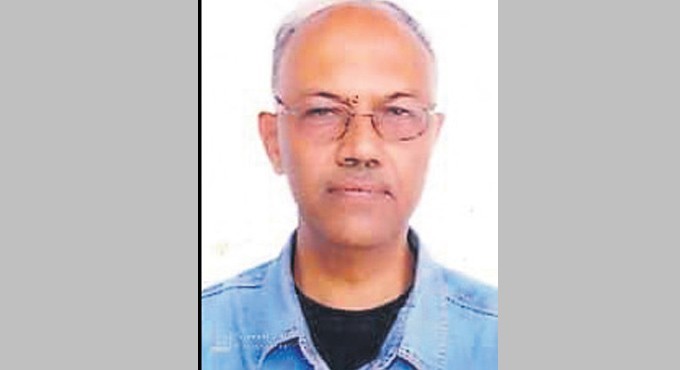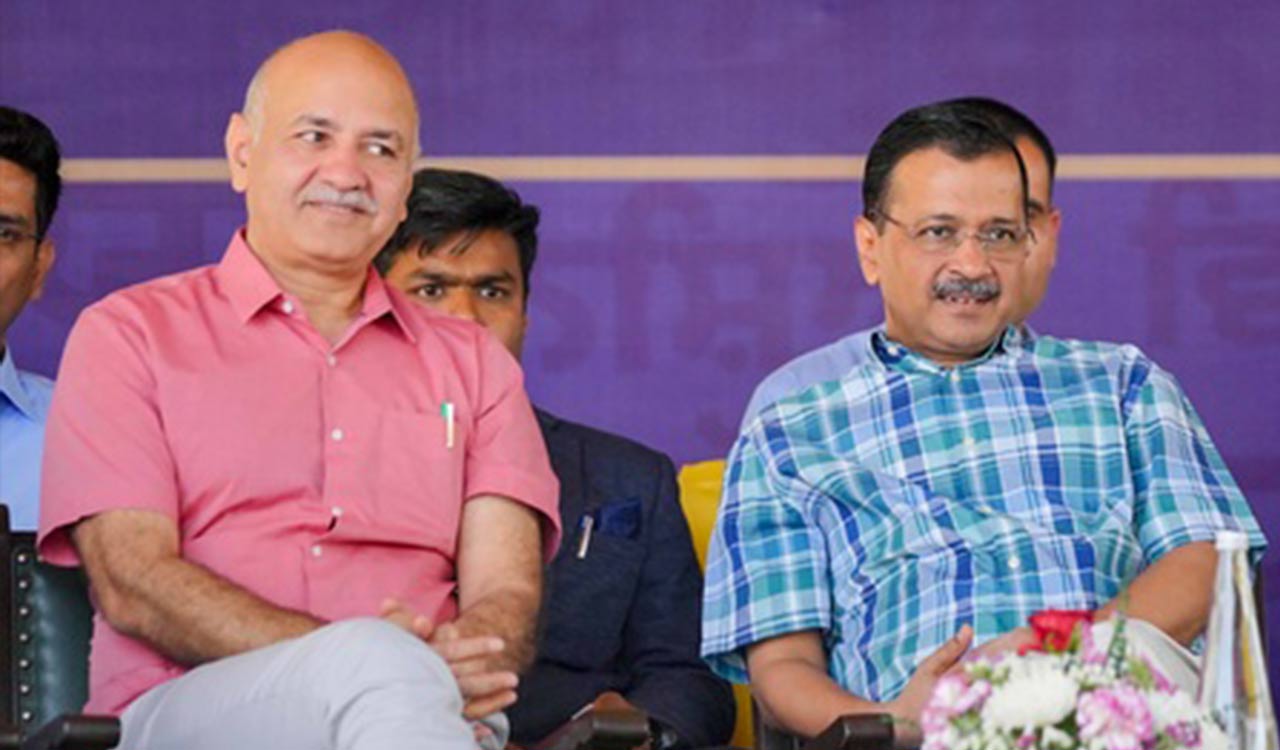Gagging those who served the nation
The Modi govt banning retired intelligence and security officials from publishing anything pertaining to workplace is draconian

It is a tragic irony that those who served their entire lives ensuring the security of the nation have now been threatened with loss of their well deserved pension even if they were to merely speak about their areas of expertise gained over decades of experience.
That the Modi government would bring in a harsh amendment to the pension rules prohibiting retired officials of intelligence as well as security organisations from publishing anything pertaining to their workplace is a blow to their patriotic credentials.
Memoirs and More
Over a long time, former intelligence and police officials have come out with memoirs and more – some interesting, some jarring – detailing their career graph and how situations they faced could have been handled differently. Books, memoirs, articles and lectures by retired officers often provide immense wisdom that helps with either course correction required by the organisation they served or with the national planning needed for future growth.
As a former Intelligence Bureau official pointed out, no one from the security establishment ever reveals what indeed are state secrets; even if they are alluded to, it is done with a lot of cautious camouflage. In any case, the number of intelligence, police and retired civil servants writing their memoirs or work experience would be a miniscule percentage of the total workforce. The rest keep their lips sealed – a trait they embrace early on.
While ordinary Indians cannot claim to know the big picture, it is doubtful if the writings of any of the retired officers has caused any harm to national security or even seriously embarrassed the establishment.
The latest amendment threatens to withdraw or withhold pension if retired officials publish without clearance anything about their organisation, its personnel and the expertise or knowledge gained in that organisation or any sensitive information which could derail the nation’s interests or ties with other countries.

Triggering Resentment
The blanket ban has triggered resentment in the intelligence-police community. One reason is the government has given the distinct impression that the same officials who held so many secrets in their heads while in service cannot be trusted with the same secrets once they are retired.
The amendment applies to those who worked for the Intelligence Bureau, Research and Analysis Wing, Directorate of Revenue Intelligence, Central Economic Intelligence Bureau, Enforcement Directorate, Narcotics Control Bureau, Aviation Research Centre, Special Frontier Force, Border Security Force, Central Reserve Police Force, Indo-Tibetan Border Police, Central Industrial Security Force, National Security Guards, Assam Rifles, Special Service Bureau, Special Branch (CIB) of the Andaman and Nicobar Island, Crime Branch-CID-CB of Dadra and Nagar Haveli and Special Branch, Lakshwadeep Police.
“The restrictions are draconian and most uncalled for,” said a former RAW official who has authored books. “It is not only about books but also restricts publication of articles, giving interviews and speaking at public forums. God knows what has prompted them to issue such a notification.”
Said an ex-Intelligence Bureau officer who has not done any writing since his retirement: “We know the value of secrets and we have served the country loyally for decades. We have taken risks while chasing and catching anti-national elements. As it is, our work is all anonymous and we do not get or expect any publicity. But why issue such a sweeping order?”
Interestingly, the amendment to the pension rules does not cover the armed forces whose retired officers too have authored many books and who comment, orally or otherwise, about a range of military issues directly affecting India. Is there a reason only the intelligence-police community has been targeted?
The gag order also does not apply to the civil services. Many retired officials from the IAS, IFS and other services have written scores of books about a range of issues from politics and governance to India’s neighbourhood and foreign policy. Is there a plan to bring them too under the same or similar umbrella?
Many in the establishment, particularly the intelligence and police departments, have always had a soft corner for the BJP thinking the party has a better idea of national and strategic interests. Is the government ready to alienate them en masse?
Public Criticism
Already, a large number of retired IAS and IFS officials who otherwise have no political axe to grind have begun to publicly criticise the Modi administration, alleging that long-held constitutional values and Centre-State niceties are being eroded.
Constitutional Conduct Group – a non-partisan group made up of senior and well-known retired bureaucrats – writes open letters to Prime Minister Narendra Modi. Their communications, which can be assessed on constitutionalconduct.com, normally begins thus: “We are a group of former civil servants of the All India and Central Services who have worked with the Central and State Governments in the course of our careers. As a group, we have no affiliation with any political party but believe in impartiality, neutrality and commitment to the Constitution of India.”
Their last communication, dated June 5, was about the developments taking place in Lakshwadeep; it was signed by 93 retired officers. A May 20 letter to Modi signed by 116 retired officers was on the Covid-19 mess. A total of 76 retired officials signed an April 9 open statement on the changes to the powers and functions of the Delhi Government, giving primacy to the Lt Governor over the elected Assembly. Is the government going to crack down on them also? Will retired intelligence-police officials now be barred from speaking – without clearance – in the very institutions they served? How do you make up for the knowledge loss?
(The author is a senior journalist based in New Delhi)
Now you can get handpicked stories from Telangana Today on Telegram everyday. Click the link to subscribe.
Click to follow Telangana Today Facebook page and Twitter .
Related News
-
Minor girl goes missing in Bhadrachalam; case registered
2 hours ago -
Revanth Reddy reiterates field visit directive to Collectors, warns of performance review
2 hours ago -
Ancient statue of Lord Vishnu unearthed from a stream in Bhupalpally
2 hours ago -
NIT Warangal students clash on campus over filming videos during SpringSpree event
2 hours ago -
HCCB partners with Peddapalli for rural development
3 hours ago -
Watch: Several shops gutted in Nizampet blaze
3 hours ago -
Markram and Santner set for key battle in T20 World Cup semifinal
3 hours ago -
HDFC Bank revises UPI ATM withdrawal rules
3 hours ago




